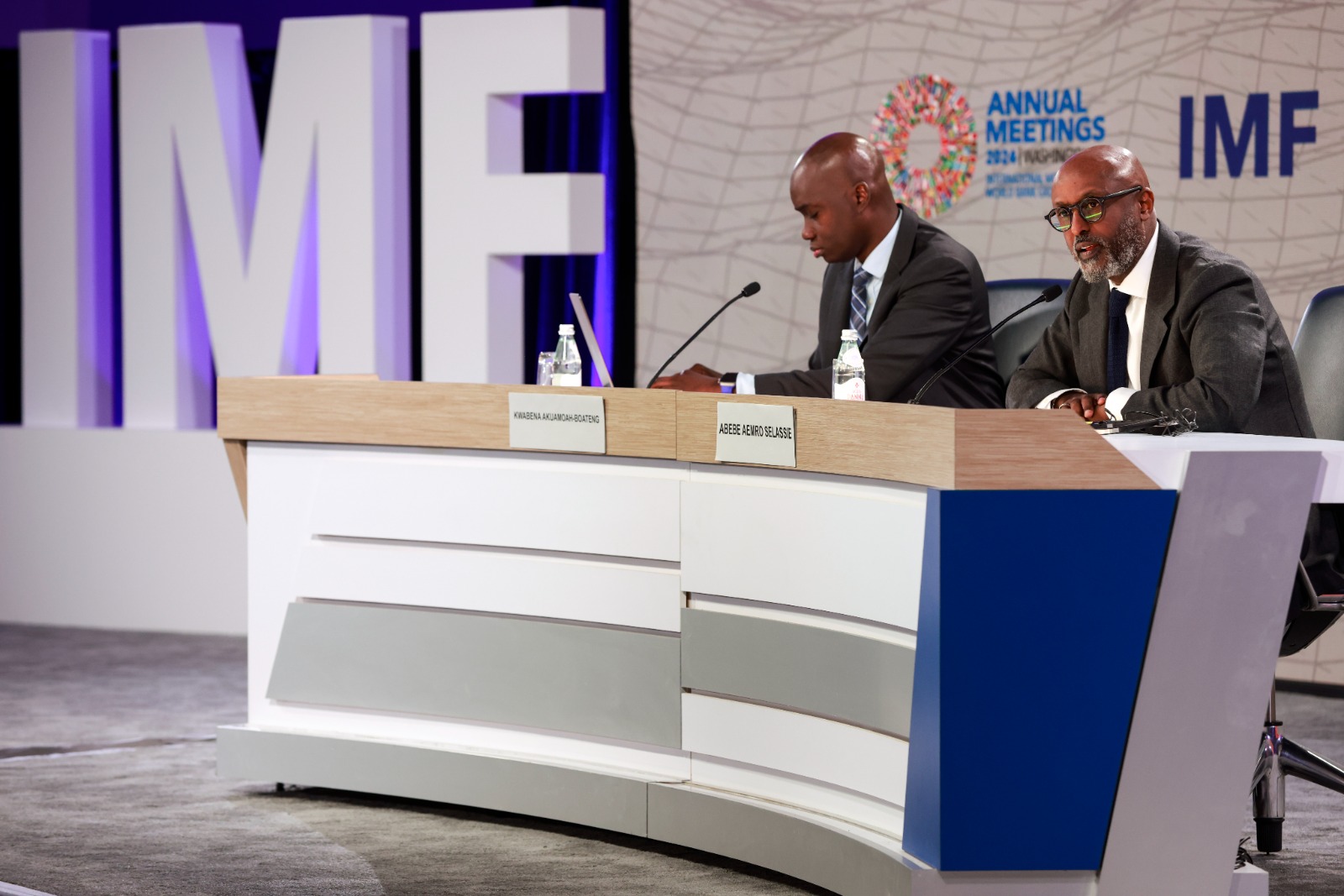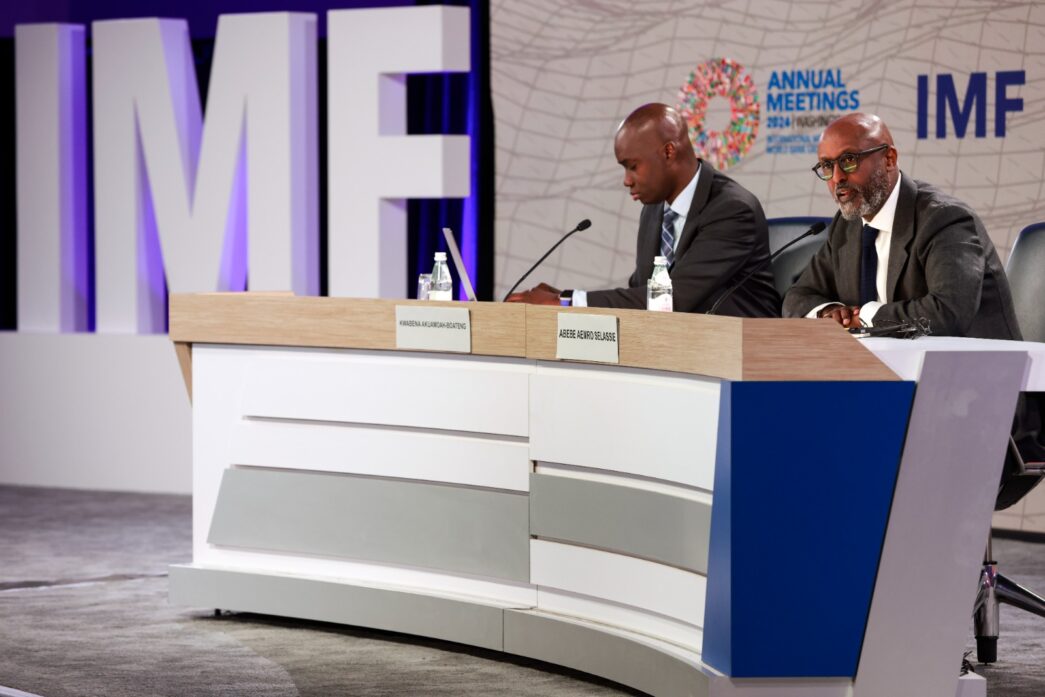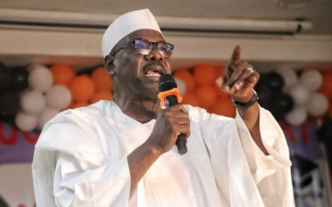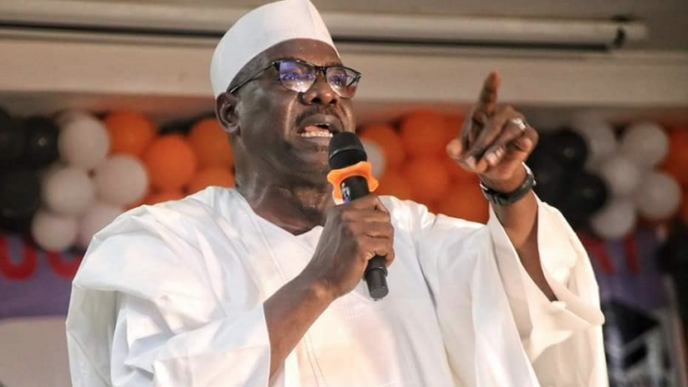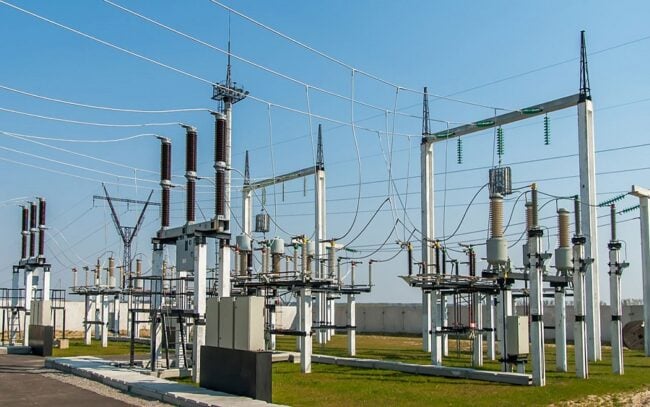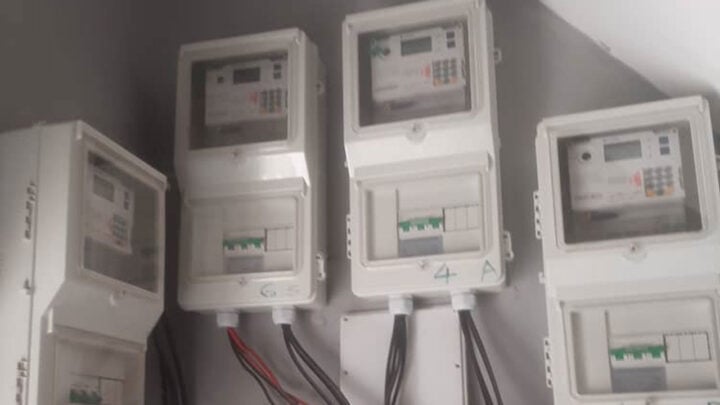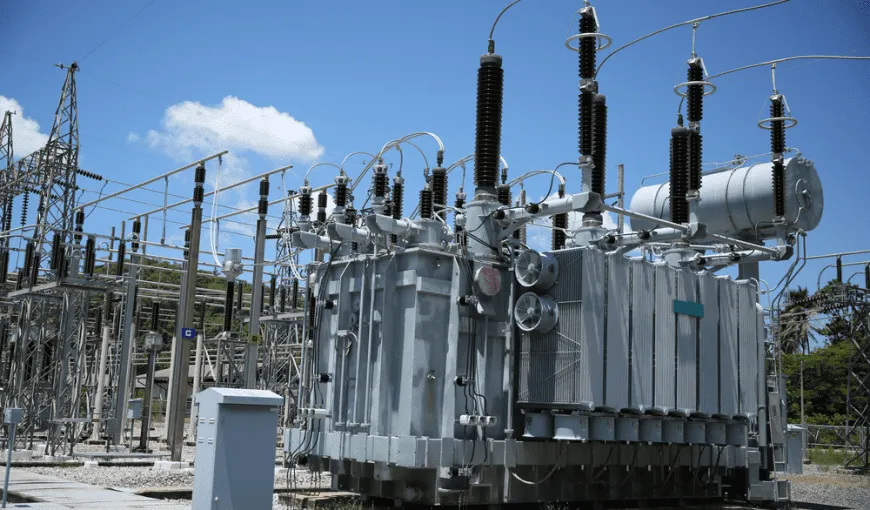
The International Monetary Fund (IMF) says sub-Saharan Africa’s economy is projected growth at the rate of 3.6 percent in 2024.
In its latest regional economic outlook for Sub-Saharan Africa launched in Washington DC, the multilateral said the growth rate remains unchanged from that of 2023, with a modest pickup to 4.2 percent expected in 2025.
According to the regional report, countries in sub-Saharan Africa are grappling with macroeconomic imbalances.
Advertisement
The fund said the region is also faced with tight financing conditions, amid rising social pressures, leaving policymakers facing difficult choices in implementing reforms.
“Sub-Saharan African countries are navigating a complex economic landscape marked by both progress and persistent vulnerabilities,” said Abebe Aemro Selassie, director of the IMF’s African department.
“While many of the region’s countries are among the world’s fastest-growing economies, resource-intensive countries — particularly oil exporters — continue to struggle with lower growth rates.
Advertisement
“Inflation is declining but remains in double digits in nearly one-third of countries. Public debt has stabilized at a high level, with rising debt service burdens crowding out resources for development spending.
“While we are seeing some improvement in macroeconomic imbalances, growth remains insufficient to significantly reduce poverty or address substantial developmental challenges in the region.”
Selassie stressed the need for job creation, the economic divergence between resource-rich and non-resource-rich countries, and the positive effects of striving for greater gender equality.
He advised that policy mix should be consistent with the size of macroeconomic imbalances, while taking into account the political economy constraints that would affect the pace of reforms.
Advertisement
The IMF official said countries with high macroeconomic imbalances are more likely to resort to relatively large and frontloaded fiscal reforms, given the tight financing constraints.
“The need for financial support from the international community is most acute for this group,” he said.
“For countries with lower imbalances, policymakers should consider easing monetary policy toward a more neutral stance, while rebuilding fiscal and external buffers over time.
“Policymakers need to focus on designing reforms that are socially acceptable, including effective communication and consultation strategies and measures to protect the most vulnerable.”
Advertisement
Selassie said with continued efforts, sub-Saharan Africa can address its current challenges and move towards more sustainable and inclusive growth.
He, however, warned that the path ahead requires careful policy calibration and a strong commitment to implementing necessary reforms while managing social pressures.
Advertisement

